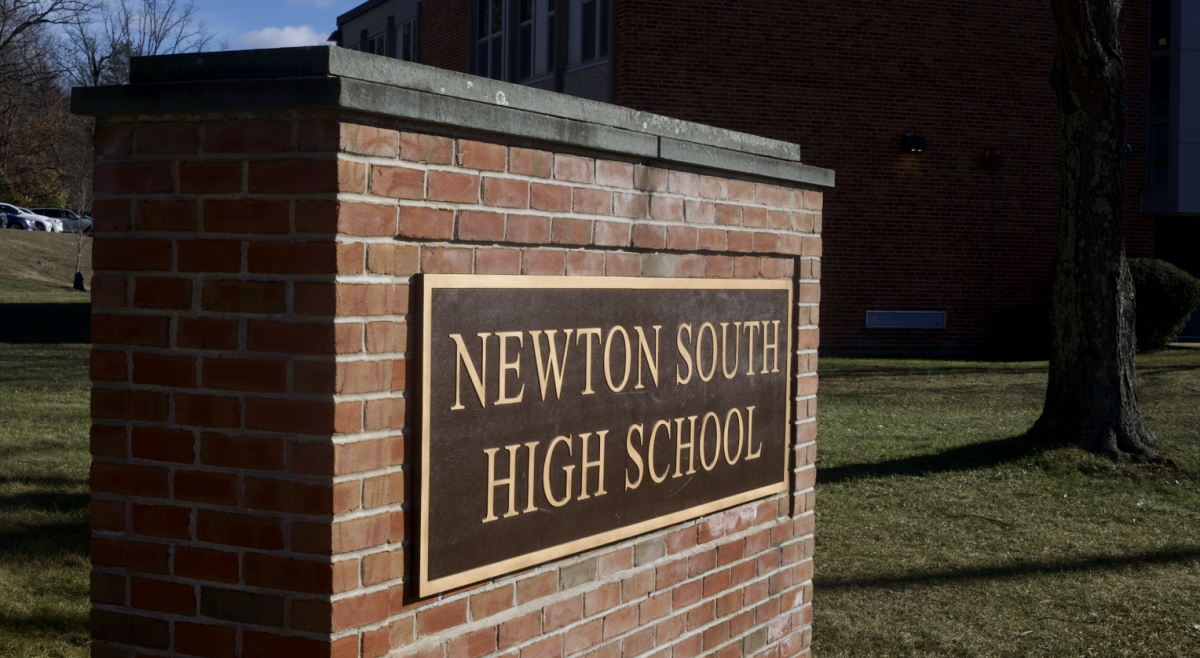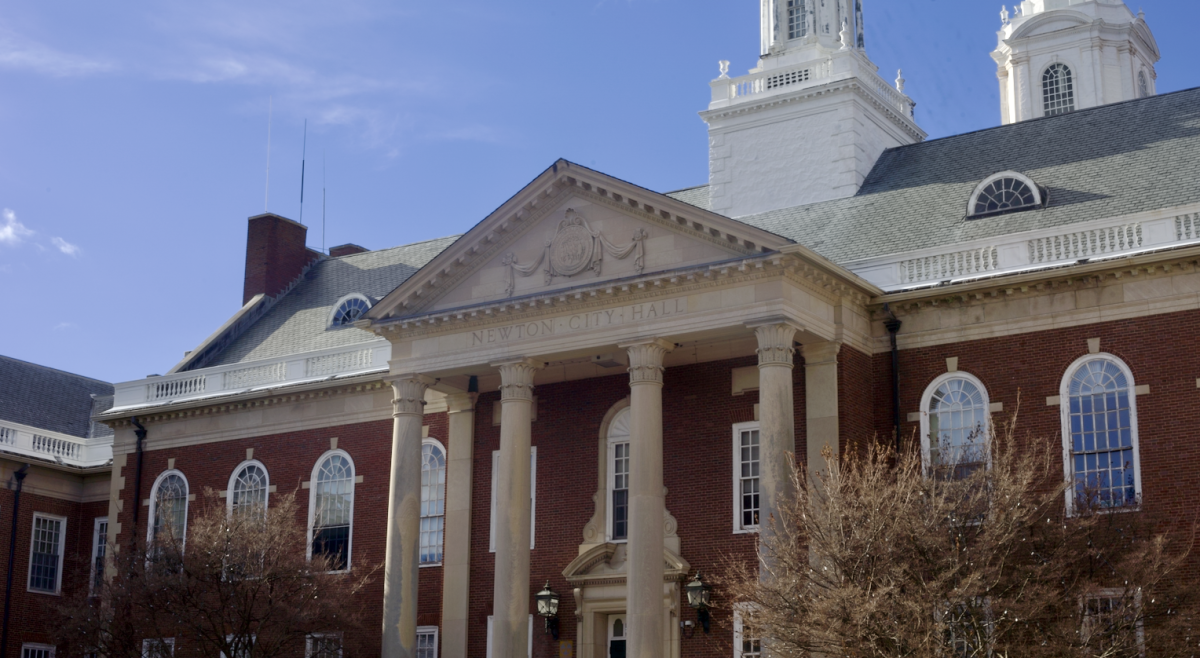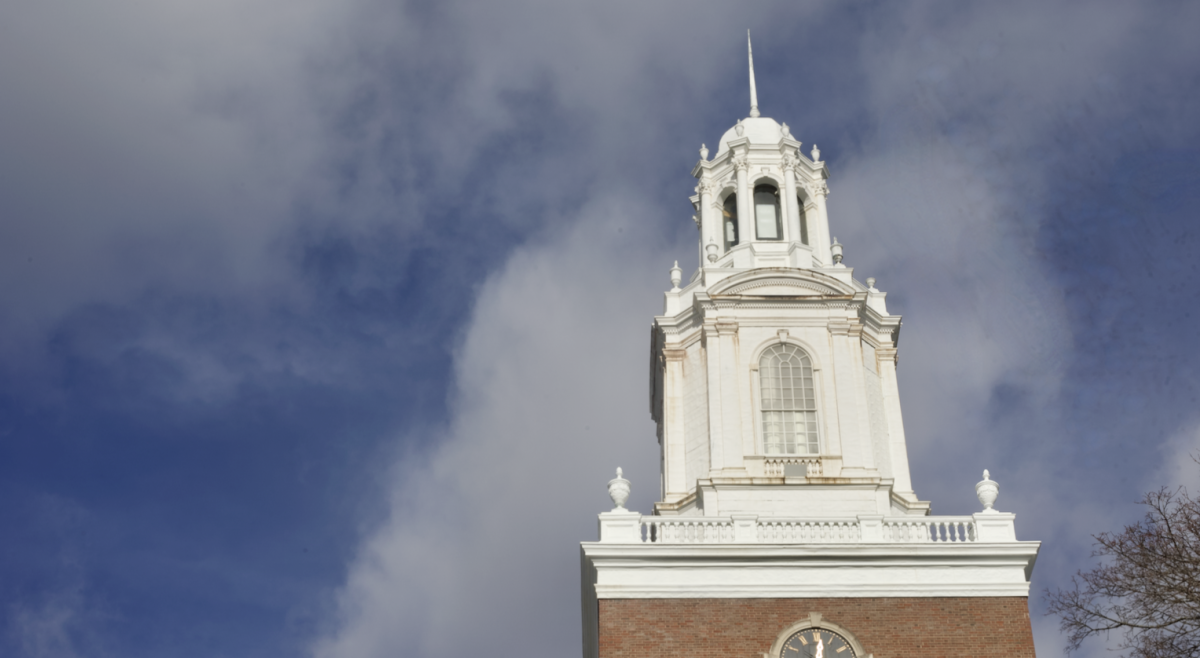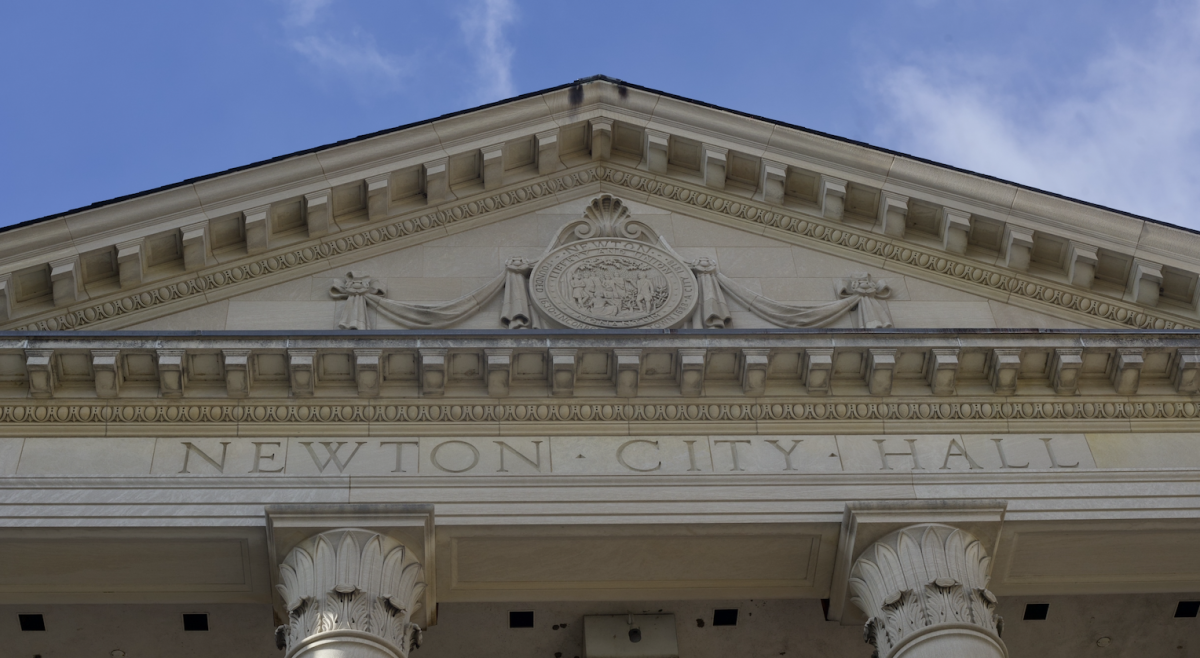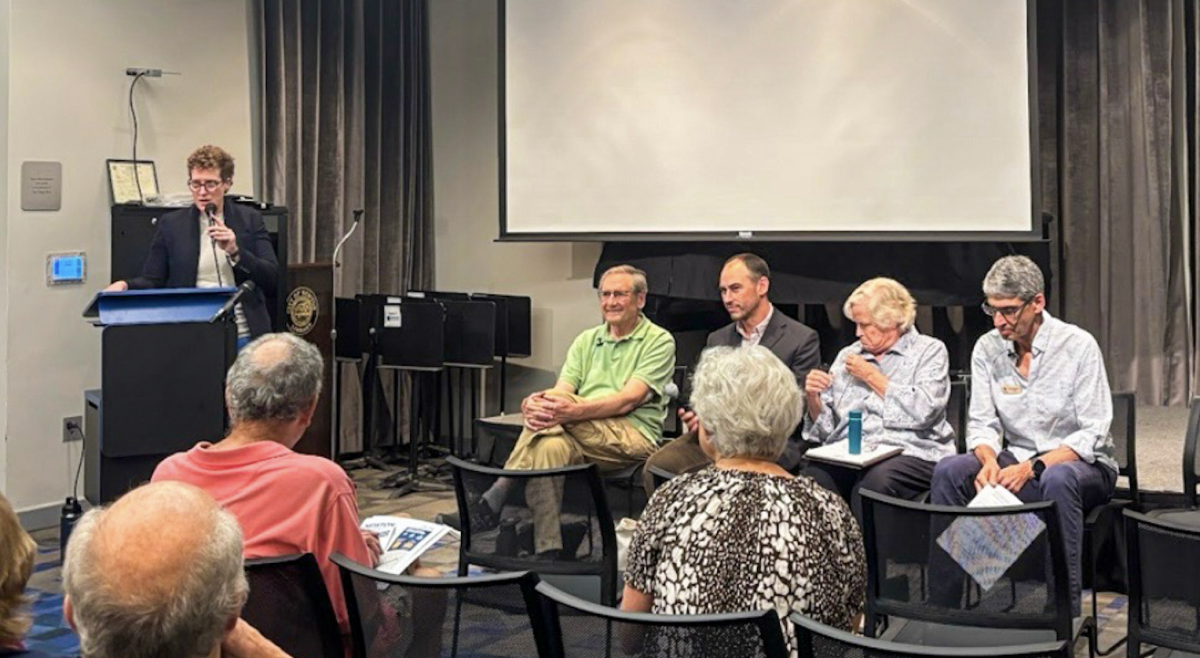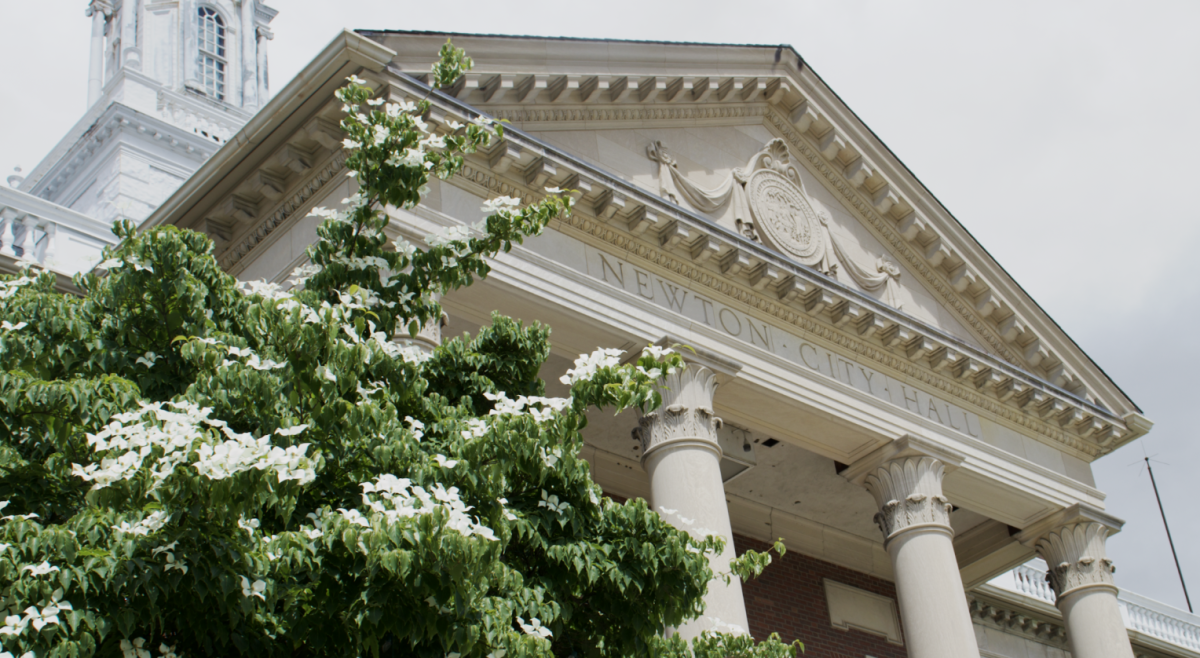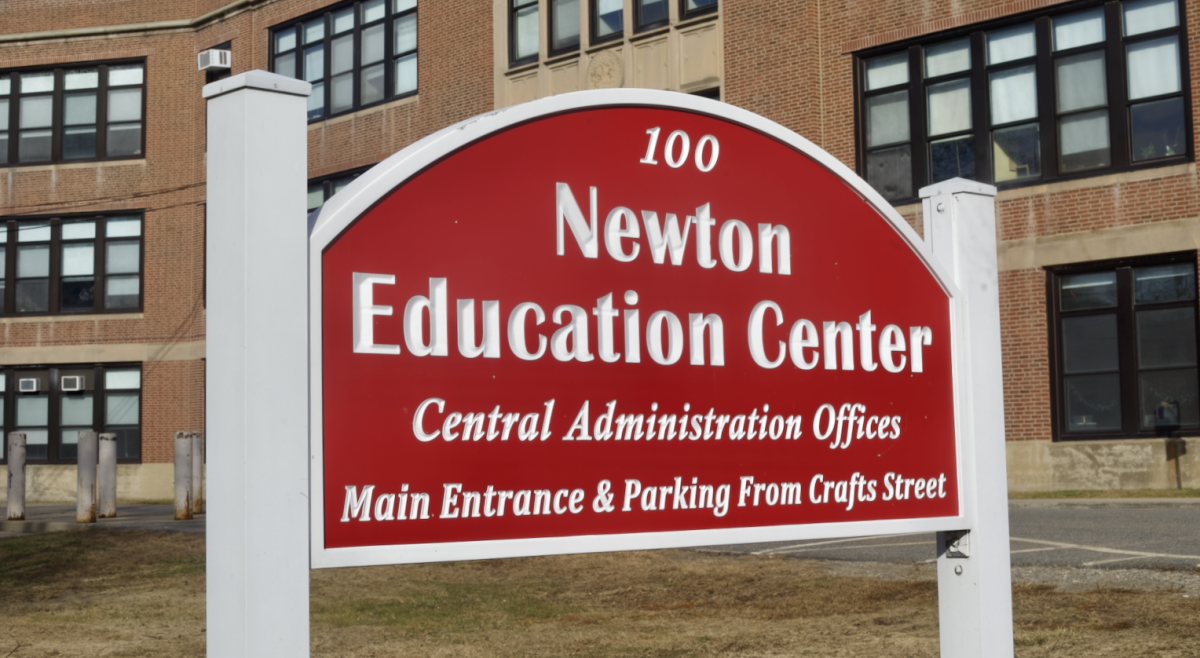Newton’s Programs and Services committee gathered on Wednesday to consider possible responses to reductions in federal education funding, with Newton Public Schools (NPS) Superintendent Anna Nolin presenting on the current financial state of the school district.
Nolin’s report comes after the city council approved Mayor Ruthanne Fuller’s $623 million budget for fiscal year 2026 in May, following several weeks of intense debate.
The approved budget was generated in light of large-scale economic uncertainty on both the federal and local scales, but it received backlash from many NPS members, including Nolin.
In her presentation, Nolin’s figures showed that while major grants to NPS have increased by $506,413 since 2022, employee salaries and benefits have gone up by an equivalent $40.7 million.
“The money is going down, and we have higher expenses,” said Nolin
Deputy Superintendent and Chief Financial & Administrative Officer Liam Hurley explained that the 1.7 percent compound annual growth rate in federal funding over the last four years is not comparable to the increased expenditures.
“So even though they [federal funds] have gone up, they’re very anemic and are not really keeping pace,” said Hurley.
Nolin reminded the committee of the NPS cuts made following the failed override ballot initiative to permanently increase the city’s levy limit.
“NPS did reduce by 45 FTE [full time employees], and we’ve continued to reduce the overall staff so that there’s one educator reduced for every 22 students,” said Nolin.
Nolin also stressed the efforts she has made not to increase dependence on federal grants.
“We have cut back the total overhead of those staff costs, while trying not to add additional costs to grant funding, which we know is super volatile right now.”
When questioned by city council members on the possible effects that even larger cuts would have on the school district’s budget, Hurley implied that midyear layoffs would be the result.
“So you know, 86 to 87 percent of our costs are personnel,” Hurley said. “If there was anything major or significant during the year, we’d really have to take a look at that.”
Hurley also stressed that Newton’s schools are far more dependent on the city for most of their revenue as opposed to federal grants. He explained that a large federal funding cut would therefore affect Newton less than other municipalities.
Nolin added that these potential funding cuts would primarily affect programs aimed at supporting marginalized communities.
“I think it’s just important to note that these grants are specifically targeted towards vulnerable populations,” Nolin said.
Nolin listed Title 3—English Language Learning—and Title 1—for lower-income students—as examples of potential programs that cuts in federal funding would disproportionately affect.
Ward 5 Councilor Bill Humphrey suggested that, in the event of large federal funding cuts, effects should be disseminated across all programs and operations.
“I would encourage us as a community … to rebalance things across the board, rather than just saying this program is now gone, these personnel are now gone, and say we’re going to, you know, cut dollars from every student, essentially, and until we can at least balance out the thing so that it’s not just decimating one particular program or department,” said Humphrey.
The committee ended the discussion with no action needed.

